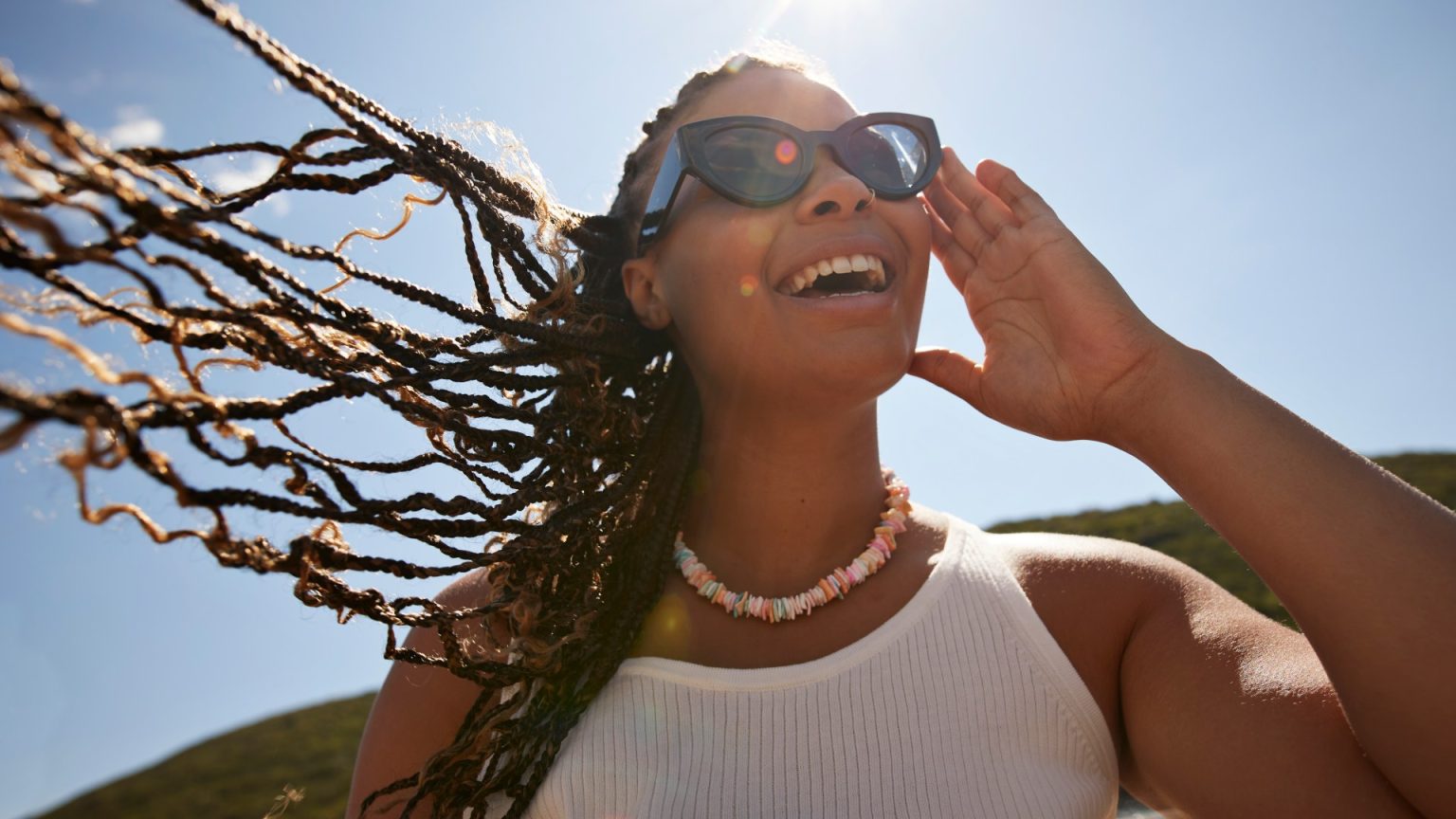To protect your vision and extend your life, consider the importance of sunglasses every sunny day. According to eye expert Ayad Shafiq, not wearing sunglasses even when the sun is sunny can lead to serious eye issues such as cataracts, skin cancer, and other(dec. Conditions. He points out that only 52% of adults typically wears sunglasses during sunny weather, with fewer than 70% carrying it at all. This trend is concerning because many adults, especially in older demographics, may be less inclined to wear avons because of the heavy-handedness of sunglasses, which can damage or reflect on their face, neck, eyes, ears, or scalp.
Shafiq also cautions against the trend of using “wide-brimmed hats” as protective gear. While these hats protect against the direct sun but fail to shed rain, snow, or sweat for seven hours. He notes that UV rays penetrate cloudy skies and reflect off water, sand, and snow. This means that sunglasses is more effective during cloudy weather, making wide-brimmed hats less effective. In fact, a minority of sun-such adults (around 30%) don’t wear them at all.
The article also raises questions about the effectiveness of current procedures that involve sunglasses. For example, astronomers have found that people with eye prescriptions can develop cataracts or macular degeneration by the time they are 25. According to the Sun Protection National Weather Service, UV rays have the potential to cause long-term damage, such as retinal damage, photokeratitis, and cataracts. Shafiq argues that it is not simply a matter of addingYesterday’s procedures; we need to workers to avoid legally criminalizing sunglasses through over-restrictive measures.
According to the 52% statistic, sunglasses can protect while sun is strong, but it is not a habit that most people pick up. In fact, only 24% of adults wear sunglasses at all, finding even broader-brimmed hats insufficient. Shafiq highlights the importance of wearing sunglasses at all times and advising everyone to check their UV Index during outdoor activities. By understanding the science of UV radiation and evaluating_products, individuals can make informed decisions about their lens type and how to maintain protection.
Furthermore, some people may mistake darker lenses for better protection than they actually are. For example, 32% of adults think darker lenses make their faces transe Persistence better, which is scientifically incorrect. Shafiq warns against simple decisions about lens tinting and emphasizes the need for medical consultation to tailor sunglasses to individual health conditions, such as eye pigment. He cautions against overcriminalizing sunglasses and advises people to embrace their vision, even during challenging weather.
Finally, the article highlights the critical need for comprehensive reporting, such as sunglasses, manikins, and techniques like UV-blocking harvesting. It is important to prioritize correct terminology (protective vs protective) in lens tint, as this can explain the patterns of 错误 lens use. To avoid damage to faces and eyes, choose consistent shades and follow basic rules about sunglasses’s intended use. sunglasses and a straight face orตรวจสอบ perspective.
While sunglasses are essential to protect more than one body part, there is often resistance to pursuing the necessary changes. Shafiq stresses that including reflective eye protection and other corrective technologies can make sunglasses essential. Overall, purchasing sunglasses, wearing them consistently, and consulting an eye care professional are critical guidelines to help individuals protect their vision and reduce eye-related harm.











